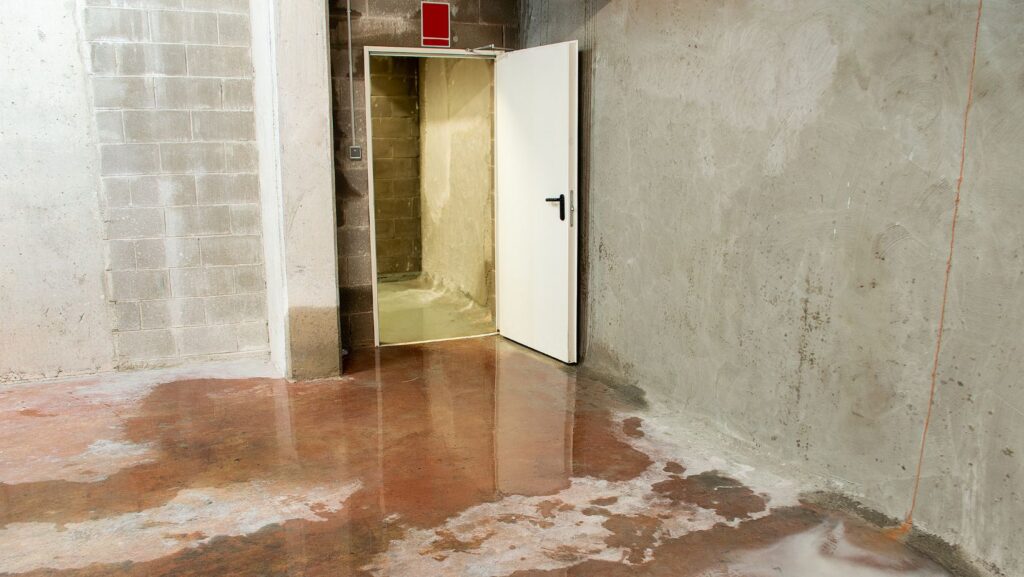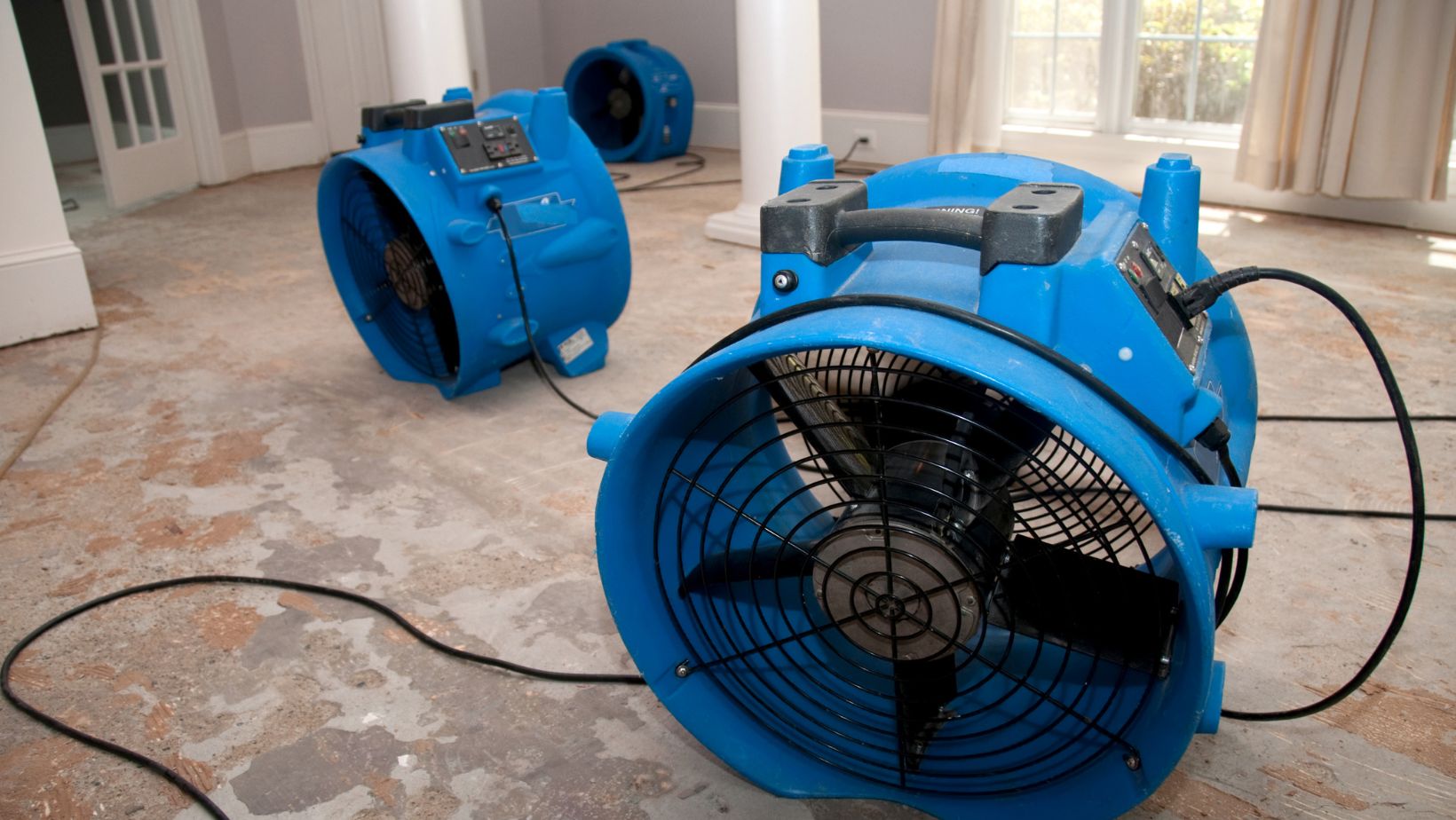
Water is a unique substance. We can’t live without it, yet it also has an astonishingly destructive effect. If your home suffers a flood, torrential rain, or a burst pipe, the consequences can be dire. Moisture can penetrate anywhere, and removing it can be difficult. It’s essential to consider this during complete restorations. Otherwise, the house will gradually begin to deteriorate behind the new wallpaper. To avoid such a tragic outcome, it’s worth enlisting the help of water damage restoration companies. We consult with specialists from Complete Restorations to give you an expert opinion.
Water and Renovation—Why Is It Important?
If you’ve removed the water after the flood, it might seem like you can begin renovations. However, this isn’t the case. You might think the floors and walls are completely dry. Meanwhile, moisture trapped in the insulation and under the floorboards creates ideal conditions for the development of warping and wood rot. So, while you’re happily choosing new curtains to match your updated interior, your home is slowly deteriorating.
Therefore, renovating without fully addressing the effects of a flood is like putting veneers on untreated teeth. It’s not only useless, it’s also harmful. You’ll only mask the problem and create conditions for it to worsen.
How to Properly Organize Work with Restorers
If you’ve decided to involve specialists, it’s essential to establish a transparent process from the start. This will help you stay calm and prevent the contractors from interfering with each other.
Here’s how it usually works:
- Situation assessment. On-site, the specialist takes all necessary measurements, such as humidity levels, and assesses the severity of the damage. As a result, they compile a rough list of required actions.
- Developing an action plan. The team discusses the findings from the inspection and determines the optimal repair method.
- Budget Discussion. The team calculates the cost of the work and discusses it with the owner. Adjustments are possible at this stage. However, remember that some stages simply cannot be skipped or short-changed. Your safety depends on it.
If you agree, no further action is required. A team of specialists will get to work and complete all necessary work promptly. They will work in compliance with safety regulations. Basically, it all comes down to a simple rule: it’s better to agree on a project once and do it right than to regret it later.
What Are These Professionals Good For?
It might seem like, “Why call someone if I can dry and paint the walls myself?” But here’s the catch: water rarely disappears without a trace. So what do restoration specialists do?
- They remove mold. It’s not always immediately visible, but it spoils the air and materials. Professionals know how to eradicate it, not just mask it.
- They keep your home strong. Wood, concrete, metal—everything suffers from moisture. If you reinforce the structure promptly, the renovation will last longer.
- They help with paperwork. Sometimes, such work is partially covered by insurance. Specialists know how to prepare the paperwork correctly.
- They save time. By addressing the problem before finishing, you avoid rework and unexpected delays.
- And most importantly, they give you confidence. You know for sure: no unpleasant surprises are hiding behind beautiful walls.
The main thing is to take it calmly. Any renovation is a process that often comes with surprises.
Simple Tips for Homeowners
Successful collaboration with disaster recovery companies depends primarily on you. We’ve compiled a few recommendations to help make the process smoother.
- Choose your company carefully. It goes without saying that the contractor must have all the necessary licenses and permits. Experience and good reviews are also a plus.
- Make it clear from the start that you need transparency. The homeowner has every right to be involved in every stage of the process, from damage assessment to budgeting. However, interfering with the work itself is not the best idea.
- Once you’ve agreed on the cost, allow a small amount of extra space in your budget. Some damage can’t be identified immediately and only becomes apparent during the work. For this case, an additional amount will be helpful.
- Make sure this situation doesn’t happen again. Arrange for plumbing inspection and maintenance services in advance, or roof repairs if the flooding was caused by heavy rain.
These steps are simple, but they truly save both energy and stress. The renovation becomes predictable, and the results reliable.
What Could Go Wrong
If you’ve ever done a renovation, you know how many things can go wrong. It’s also easy to make mistakes in this complex undertaking. You should be prepared for the following situations.
- Disputes between workers. The flood cleanup company may clash with the repair crew if their efforts overlap. Therefore, it’s best to prioritize the work properly.
- Delays. Annoying delays can occur at any stage. Be philosophical about them if objective reasons cause them.
- Additional expenses. Sometimes a “surprise” opens behind a wall—more damage than expected. This is where a reserve in your budget comes in handy.
Remember, this is all completely normal. Rarely does anything go exactly as planned. So try not to get discouraged by minor setbacks.
Bottom Line
Repairs are a necessary measure after a flood. But try to view it as an opportunity to give your home a new look and extend its lifespan. To do this, it’s essential to address all damage caused by water damage, especially hidden ones. Don’t begin finishing work until the water damage repair company has completed its work. Otherwise, any repairs will only temporarily mask the problem.













